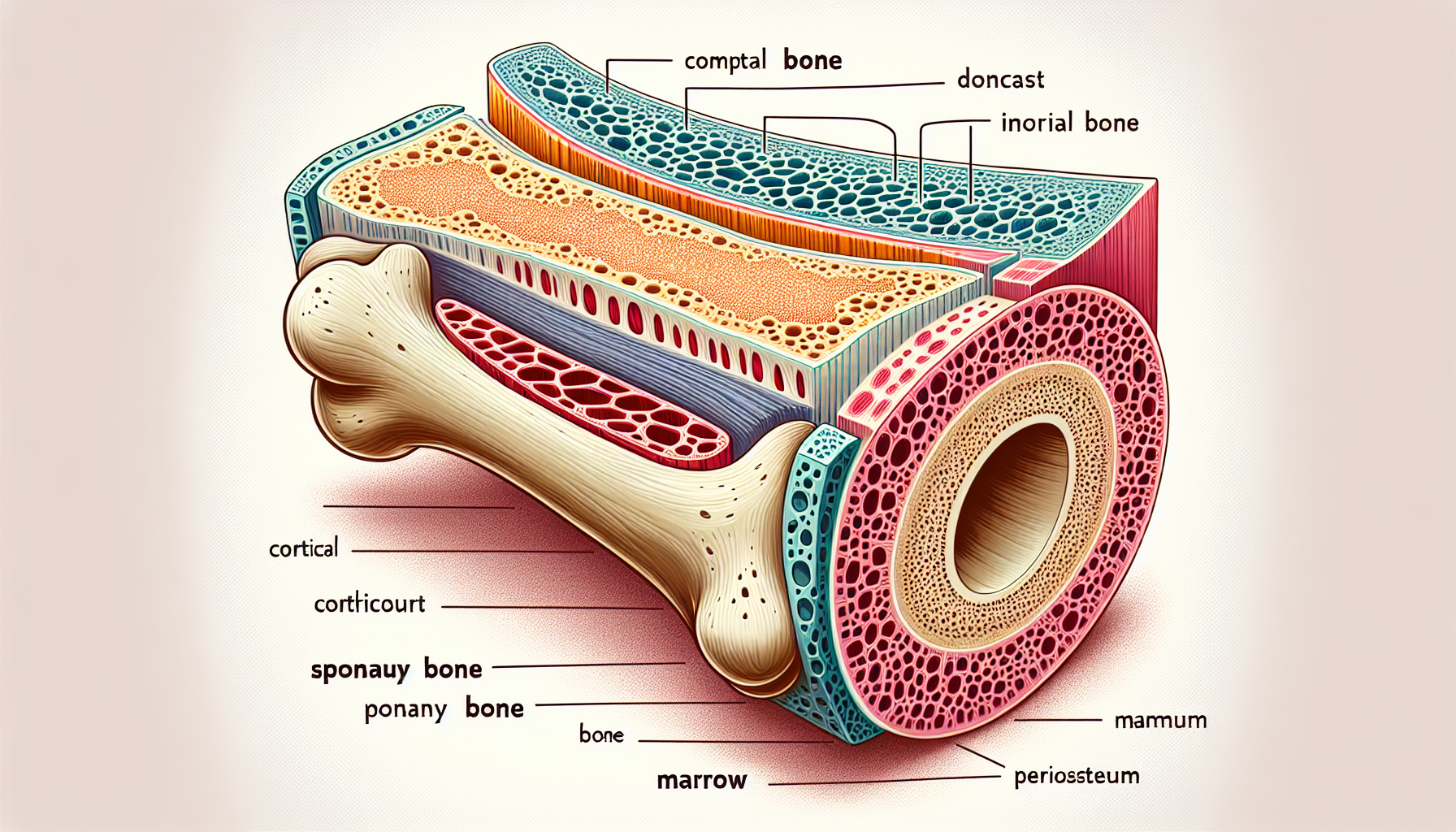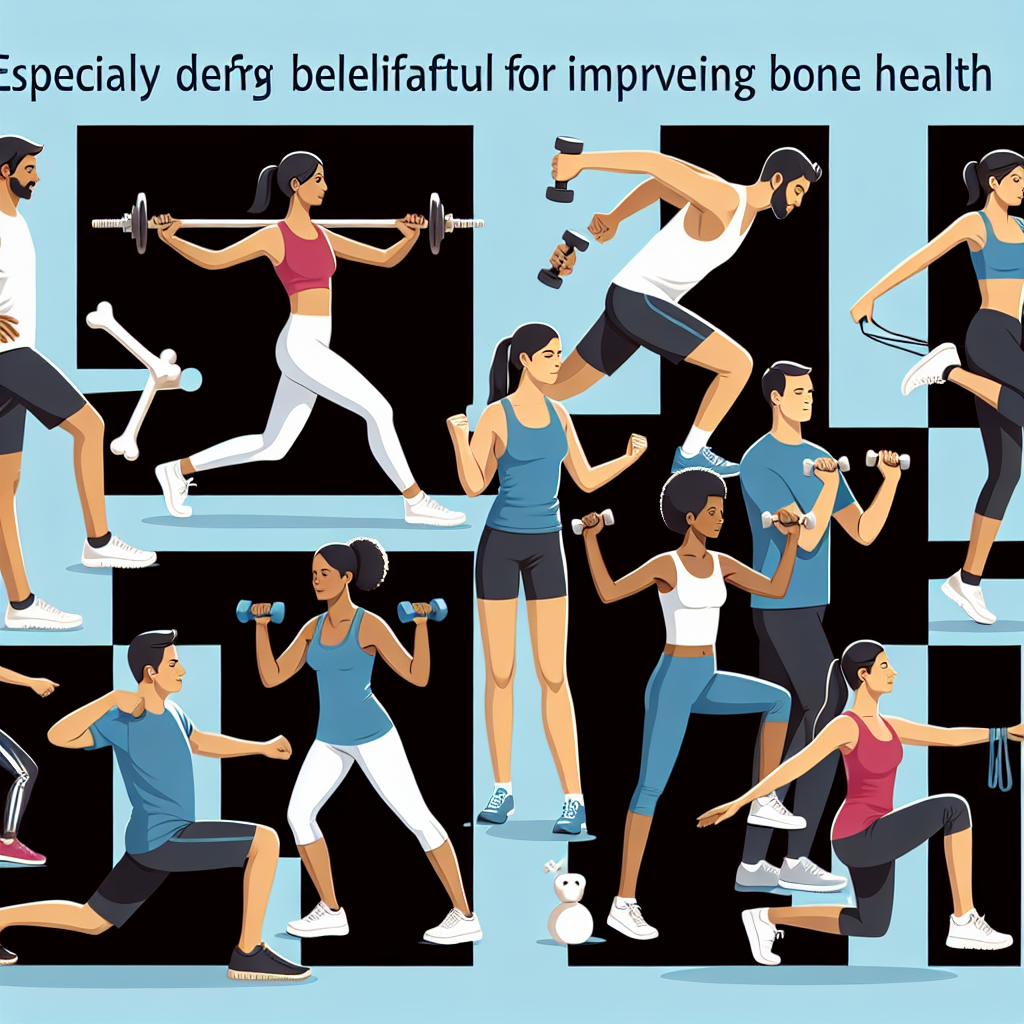Bone density is a critical aspect of overall health, often overlooked until it becomes a concern—usually later in life. However, understanding and maintaining bone density is a lifelong commitment that involves a comprehensive approach to lifestyle choices. In this article, we will explore the facets of lifestyle that play significant roles in bone density conservation and how you can proactively manage your bone health at any stage of life.
Understanding Bone Density
Bone density refers to the amount of bone mineral in bone tissue. The higher the density, the stronger and less susceptible to fractures your bones are. Bone density peaks in your early 20s and can decline as you age, but this process is not inevitable and can be influenced significantly by lifestyle choices.
The Role of Diet in Bone Health
The bones in our body require a variety of nutrients to remain strong and healthy. Calcium and vitamin D are well-known for their bone-strengthening properties, but other nutrients such as magnesium, vitamin K, and phosphorus also play crucial roles. A balanced diet rich in these nutrients is essential for maintaining bone density.
For those considering dietary choices such as vegetarianism, it’s important to understand how to maintain bone strength without compromising on essential nutrients commonly found in animal products. Strategies include consuming plant-based calcium sources like leafy greens and fortified alternatives. Read more about this in "Assessing the Impact of Vegetarianism on Bone Strength."
Exercise and Bone Density
Physical activity is a cornerstone of bone density conservation. Weight-bearing and muscle-strengthening exercises stimulate bone formation and slow down bone loss. Regular exercise, particularly during the formative years, can have a lasting impact on peak bone mass. For an in-depth look at how exercise influences bone health, consider the insights provided in "The Importance of Regular Exercise in Bone Health Maintenance."
Lifestyle Diseases and Bone Health
There is a significant relationship between bone density and lifestyle diseases such as obesity and diabetes. These conditions can affect bone health negatively, and managing them is crucial for bone density conservation. To learn more about this connection, "The Relationship Between Bone Density and Lifestyle Diseases" offers valuable information.
Age-Related Bone Density Optimization
As we age, our bones naturally begin to lose density. However, there are ways to optimize bone density and slow this process. Understanding the factors that influence bone health with age is key to developing an effective bone preservation strategy. "How to Optimize Bone Density with Age" provides comprehensive guidance on this subject.
Lifestyle Interventions for Bone Density Conservation
Creating a lifestyle that promotes bone health involves more than just diet and exercise. It’s about adopting a holistic approach that encompasses all aspects of well-being.
Managing Menopause and Bone Health
Women are particularly susceptible to bone density loss during menopause due to hormonal changes. Strategies to combat this decrease are vital for long-term bone health. "Strategies for Bone Density Conservation in Postmenopausal Women" delves into specific methods that can be employed during this life stage.
The Impact of Weight Cycling
Weight cycling, the repeated loss and gain of weight, can negatively impact bone density. Maintaining a stable, healthy weight is preferable for bone health. For an exploration of this topic, refer to "The Impact of Weight Cycling on Bone Density."
Nutraceuticals and Supplements
Advances in nutraceuticals have opened new avenues for improving bone density. Supplements can play a role in providing nutrients that might be lacking in the diet. However, they should be used judiciously and preferably under the guidance of a healthcare professional. Explore "Advances in Nutraceuticals for Bone Density Improvement" for more insights.
External Resources to Consider
To further support the points made within this article, here are some niche resources that provide a deeper understanding of bone health:
- International Osteoporosis Foundation: A wealth of information on bone health, including prevention strategies and global research.
- National Institutes of Health Osteoporosis and Related Bone Diseases: A resource that offers extensive educational materials on bone density and bone health.
- Bone Health and Osteoporosis Foundation: Provides resources for patients and healthcare professionals on bone health maintenance and disease prevention.
- Journal of Bone and Mineral Research: A scientific journal offering peer-reviewed articles on the latest bone health research and advancements.
- The Nutrition Source – Harvard T.H. Chan School of Public Health: Detailed information on calcium and its role in bone health, along with dietary recommendations.
In conclusion, the conservation of bone density is a multifaceted process that requires a proactive approach to lifestyle. By understanding the interplay between diet, exercise, and other lifestyle factors, individuals can take meaningful steps toward maintaining strong bones throughout their lives. Remember, bone health is not just about today but about ensuring a strong foundation for the years to come.



